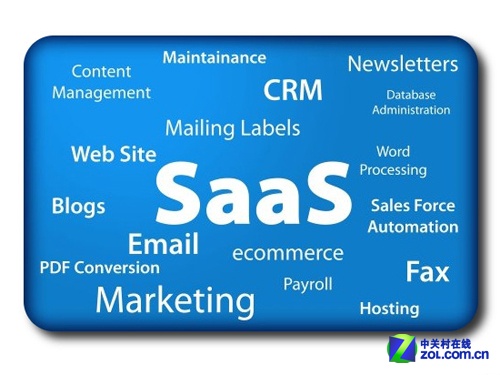
Is Insider Trading Illegal for Congress? Navigating the Rules of Modern Finance
Ever wondered if the folks in Congress can trade stocks while holding critical information that the public doesn’t know? In the age of Web3, AI-driven analytics, and decentralized finance, this question isn’t just legal—it’s deeply connected to how everyday investors approach markets, from stocks to crypto. “Transparency isn’t just ethics—it’s power,” and understanding the rules around insider trading for Congress can change how we see the financial landscape.
What the Law Says About Congress and Insider Trading
Technically, insider trading is illegal for everyone in the U.S., including members of Congress. The STOCK Act, passed in 2012, explicitly prohibits lawmakers and their staff from using non-public information for personal profit. Before the act, there were gray areas where members could legally trade based on information gleaned from hearings or bills in progress. Since then, Congress members must publicly disclose trades above a certain threshold, making it easier to track potential conflicts of interest.Yet, enforcement has been a challenge. Several high-profile cases have sparked public outrage, especially when trades coincide with major market-moving events. For example, senators and representatives who invested in pharmaceutical companies before major policy announcements have faced scrutiny—even if no formal charges were filed. The line between legal trading and ethical missteps can be surprisingly thin, which is why transparency tools and proper compliance monitoring are critical.
Why This Matters to Investors
Whether you trade forex, stocks, crypto, commodities, or indices, understanding market-moving news is key. When lawmakers trade on non-public knowledge, it can distort market signals. For retail traders, this means relying on advanced charting tools, AI-driven indicators, and decentralized analytics can provide a competitive edge without stepping into legal gray zones.Imagine you’re trading cryptocurrency. Decentralized exchanges provide real-time data and smart contract transparency that reduces information asymmetry. Similarly, in traditional markets, using platforms with strong compliance and reporting features ensures that trades follow the law and avoid suspicious patterns. By combining multiple asset types—like options for hedging or commodities for diversification—traders can navigate volatility while staying within legal bounds.
Web3 and Decentralized Finance: A New Frontier
The rise of decentralized finance (DeFi) brings both opportunities and challenges. On the upside, blockchain protocols offer transparent, immutable ledgers that make manipulative trading harder. Smart contracts can execute trades automatically, reducing human error and the temptation to exploit insider information. Yet, decentralized systems aren’t immune to risk. Flash crashes, security vulnerabilities, and governance loopholes mean traders must remain vigilant.In this context, advanced analytics become indispensable. Tools that integrate AI with blockchain data can highlight market trends, track liquidity flows, and even flag suspicious patterns—helping investors make decisions that are informed and ethical. Decentralized finance isn’t just the future of trading; it’s a reminder that transparency and technology can level the playing field in a way traditional systems sometimes fail to achieve.
Strategies for Ethical and Effective Trading
For those navigating multi-asset portfolios, here’s a practical approach:
- Diversification: Spread exposure across forex, stocks, crypto, and commodities to mitigate risk.
- Leverage carefully: Advanced traders can use margin or options for amplified returns, but keeping leverage within a disciplined strategy is essential.
- Leverage technology: AI-driven charts, sentiment analysis, and blockchain analytics reduce reliance on rumor-driven decisions.
- Monitor compliance: Especially for high-volume traders or institutions, ensure your trades follow all disclosure requirements and ethical standards.
Looking Ahead: AI, Smart Contracts, and Next-Gen Trading
The future is already unfolding. AI-driven trading models can analyze thousands of signals in seconds, while smart contracts automate trades with near-zero friction. Decentralized platforms are experimenting with governance tokens that give the community a voice in protocol management, increasing accountability. For investors, this means trading strategies will increasingly rely on real-time analytics, risk modeling, and predictive AI—rather than hoping to gain an edge from privileged information.In a world where transparency is the ultimate currency, Congress’s insider trading rules are more than a legal checkbox—they’re a reminder that markets thrive when information is accessible, ethical, and accountable. By embracing decentralized tools, AI analytics, and multi-asset strategies, traders can navigate markets confidently, knowing they’re on the right side of both law and ethics.
“Trade smart, stay transparent, and let technology level the playing field—because ethics in finance is the real competitive edge.”
This article blends the legal reality for Congress with actionable insights for modern traders, highlighting transparency, technology, and ethical strategies across all major asset classes.
If you want, I can also create an accompanying visual chart showing ethical vs. risky trading strategies for stocks, crypto, and commodities—perfect for Web3-focused platforms. Do you want me to do that?

